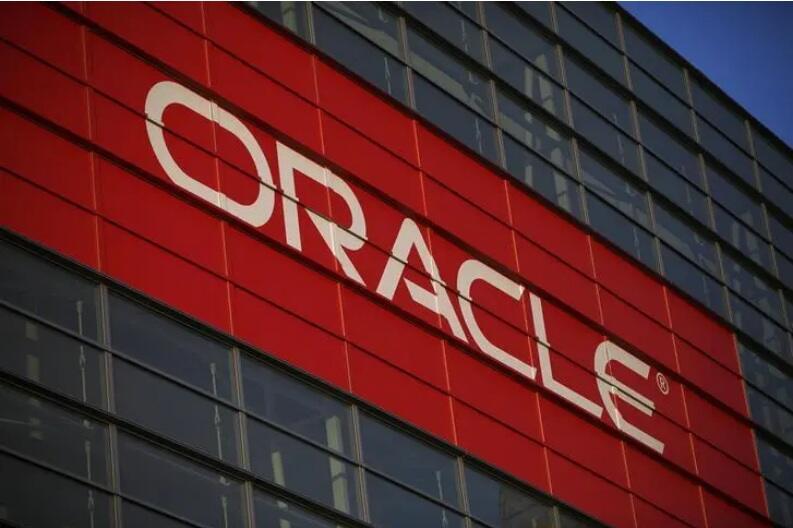On Wednesday, Oracle Corp (ORCL.N) said it is adding generative artificial intelligence features to its human resources software for businesses, aiming to help draft job descriptions and employee performance goals, among other tasks. GENerative AI generates a range of possible answers based on data input and then picks the best one. For example, if a company asks it to describe an ideal candidate for a job, the AI might come up with words like “creative,” “motivated,” and “innovative,” which could then be used to draft a job description.
The generative AI tools will be built on Oracle Cloud Infrastructure, the firm’s public cloud platform. Cohere will train, build and deploy its generative AI models on the platform and integrate them with Oracle’s portfolio of business applications enabling customers to deploy generative AI solutions rapidly.
This partnership comes a week after Cohere revealed a $270 million funding round in which Oracle was a participating investor. Oracle’s generative AI services are aimed at helping organizations automate their business processes and improve decision-making and customer experiences. The features will be integrated with Oracle Fusion Cloud, Oracle NetSuite, and other Oracle industry applications.
Aside from reducing time-to-hire, improving the candidate experience, and optimizing HR workflows, the technology can streamline and enhance supply chain management and quote-to-cash processes. For example, it can accelerate planning and usage-based pricing with new capabilities in Oracle Supply Chain Cloud and improve financial accuracy and productivity with new capabilities in Oracle ERP Cloud.
It’s important to note that generative AI systems are not foolproof. They can be tricked into saying unsettling things, as some users have pointed out with chatbots like Google’s (GOOGL.O) DALL-E 2 that generated disturbing images and text. But Oracle’s generative AI technologies are being developed to avoid these issues.
For example, Oracle’s generative AI in human resources is powered by machine learning. Using that model, the system will learn how to respond to various prompts over time. It will also improve the quality of its responses by incorporating information from existing business intelligence, policies, and employee feedback systems. That’s a significant improvement over self-service AI systems like ChatGPT, often limited to responding to basic surface-level support requests. However, genuine self-service customer support requires a full range of questions, and the response is tailored to each user.
Oracle’s generative AI is being augmented with a human-like understanding of natural language and culture to accomplish this. This is the crucial difference between generative and conventional artificial intelligence. This will enable it to provide more realistic and personalized results. This is the type of AI that has the potential to make a significant impact in the real world. That’s why it’s exciting for investors and businesses alike to see generative AI integrated with other technologies.



